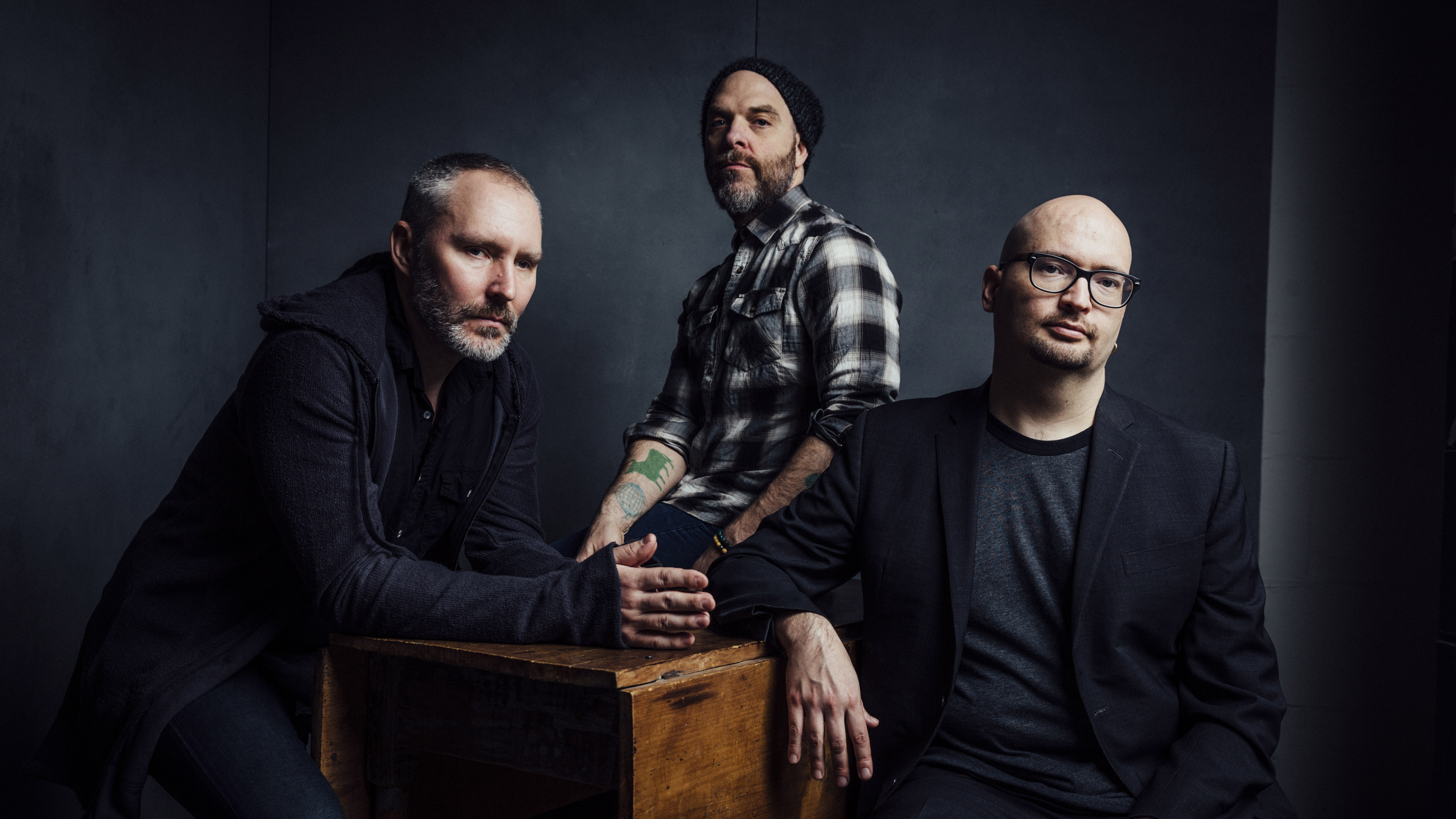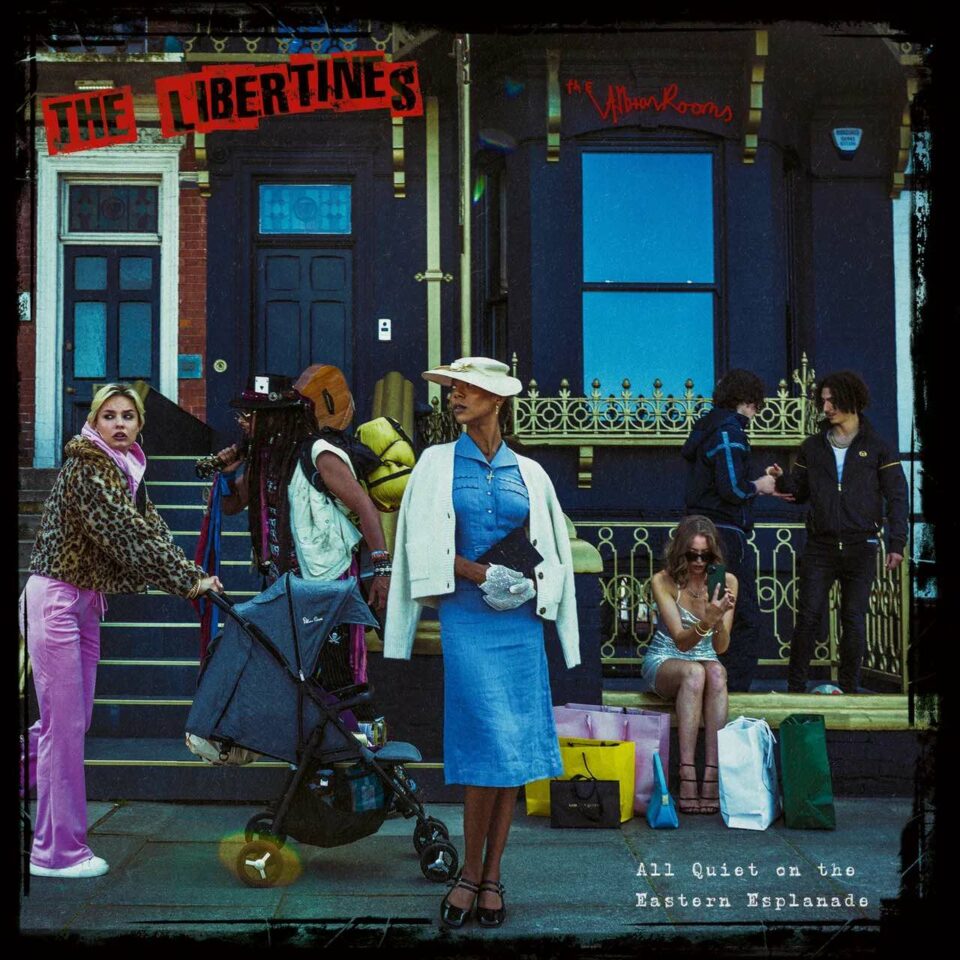Itching for adventure but mindful of their field’s innate conservatism, jazz cats often have to be sly in their innovations, sneaky in how they tweak tradition, turn it inside out, and occasionally just knock it on its head. When it works, it really works: last year, Kamasi Washington won rave reviews and likely gave a whole new generation of jazz fans their gateway to classic blowing sessions. But while his triple-length The Epic carries a few nods to the political boldness and sonic recontextualizations of the hip-hop era, it is mostly—surprisingly—a pretty traditional jazz record; it draws its strength and sustenance from John Coltrane’s Africa/Brass, as any afro-centric big-band session must.
But not every jazz record makes a splash as big as Washington’s, even those that are just as effective at carving out a unique identity within jazz’s broader historic sweep. Four albums released in 2016 make this point in sweet and surprising ways, and are all worth your time and engagement.
No contemporary jazz group has gotten as much mileage out of monkeying with the genre’s tropes quite like The Bad Plus, who cut their teeth on songs by Nirvana, Wilco, and Blondie before moving into full-length deconstructions of classic Stravinsky ballets. Their best record may actually be 2010’s Never Stop, a set of originals, but their latest, It’s Hard, has a lot of fun tearing into wide-ranging covers.
Jazz artists recording pop songs is hardly a new idea, and The Bad Plus certainly isn’t the first group to put their spin on Cyndi Lauper’s “Time After Time.” And the album-closing “Broken Shadows” is actually a vintage Ornette Coleman tune, dating from the Science Fiction era. But no other jazz ensemble has ever made records that sound like the ones The Bad Plus make. Consider just how loud their records are: drummer Dave King pounds and pummels, leaning heavily on snare drums and cymbals where so many classic drummers keep time with brushes and hi-hats. He, pianist Ethan Iverson, and bassist Reid Anderson all sound like their instruments are cranked to eleven, and they share equal space in the mix—a choice that emphasizes the egalitarian nature of this leaderless trio but also their modernist bent, their rock and roll spirit, and how they’re always pushing the classic piano-trio format into the future. There’s no dinner-party caress to their sound; it’s rough and tumble, ready to get all up in your face.
All three members are committed students of jazz history—Iverson’s blog, Do the Math (currently on fall hiatus), is essential reading for fans of this discipline—and their records are always idea laden. So while It’s Hard is promoted as the group’s return to oddball pop/rock cover songs, there’s a lot more going on than just that. Note how their C&W affectations on “I Walk the Line” show how effective jazz can be as a vehicle for comedy, something that’s not discussed nearly enough. The song manages to be playful and fun without dipping into parody, which is no small achievement. Their take on Prince’s “The Beautiful Ones,” meanwhile, conveys both their postmodern penchant for de- and re-construction of familiar tunes and also their internalization of classic trio dialogues in the Bill Evans vein; just listen to how much of the melody is carried by the bass player. The mark of their mastery is that none of this actually sounds like it’s hard. It just sounds like fun.
Also fun: An intoxicating new record from guitarist/bandleader Charlie Hunter, quite reasonably titled Everybody Has a Plan Until They Get Punched in the Mouth. He plays in a quartet format here, rounded out by cornet player Kirk Knuffke, drummer Bobby Previte, and trombonist Curtis Fowlkes. Earthy, loose, and casually virtuosic, this music couldn’t be anything but jazz, and yet it may not sound like any particular jazz record you’ve heard before. Though it has some clear antecedents in R&B- and gospel-loving records—Charlies Mingus’ hootin’ and hollerin’ Blues & Roots, Jimmy Smith’s down-and-dirty Root Down, to say nothing of those spellbinding early sides Ray Charles cut for Atlantic—it’s got a feel all its own: punch-drunk, woozy, and playful.
The song titles give you a pretty good sense of the cheerfully down-to-earth vibe here: “(Looks Like) Somebody Got Ahead of Schedule on Their Medication,” “We Don’t Want Nobody Nobody Sent,” “(Wish I Was) Already Paid and On My Way Home.” This is jazz for the after-hours juke joint, made of sumptuous grooves, greasy guitar licks, and—best of all—tipsy interjections from Fowlkes, who makes this truly one of the great jazz trombone records of all time. There’s no great fuss to any of it; this is music from the gut.
Lovers, from Nels Cline, may sound at first blush like an altogether brainier affair, and it is. An intellectual piece, the record puts an auteur’s slant on “mood music” just as surely as Barry Adamson’s Back to the Cat rethought the film soundtrack. It pieces together familiar jazz touchstones—Jim Hall, Quincy Jones, and Gil and Bill Evans—but in Cline’s hands they’re touched with swirling mysticism and cool exotica. Like The Bad Plus, Cline has a generous view of what constitutes a jazz standard; here, “Glad to Be Unhappy” and “Why Was I Born?” happily coexist with a Sonic Youth composition and some soundtrack obscurities.
The whole thing builds on tradition even as it tears it down, transforming a familiar vernacular into a personal vocabulary. The concept of jazz songs for lovers is nothing new, but Cline tangles with the pricklier aspects of commitment in a way that not many composers or interpreters have done before. The result is a new spin on the romance album, one that’s ravishing in places but just as often strange, disturbed, and alien.
One more record that proves how all-encompassing jazz can be: American Tunes, from Allen Toussaint, which features work from a list of composers including Duke Ellington and Fats Waller but also Paul Simon and Toussaint himself. The album—finished weeks before his sudden passing last year—is the second one Toussaint made with producer Joe Henry, following 2009’s beloved The Bright Mississippi. The two records share a similar conceit: we all know that Toussaint is one of the great songwriters, arrangers, and producers in American funk and R&B, but what if we turned the focus to his unique perspective as an interpretive pianist?
Ragged and earthy where the previous album was stately and cerebral, American Tunes is a patchwork of American song. It has dueling pianos, gospel vocal pieces, symphonic orchestrations, bang-up piano-trio jams, and some solo deconstructions from the maestro himself. Toussaint only actually sings one cut—Paul Simon’s title song—yet the record’s premise and worldview is stated with unmistakable clarity that echoes across the spectrum of high-profile releases from this year: jazz isn’t consumed by its tradition; rather, it’s a tradition that swallows everything around it. It’s the sound of old things made to sound new again. FL









